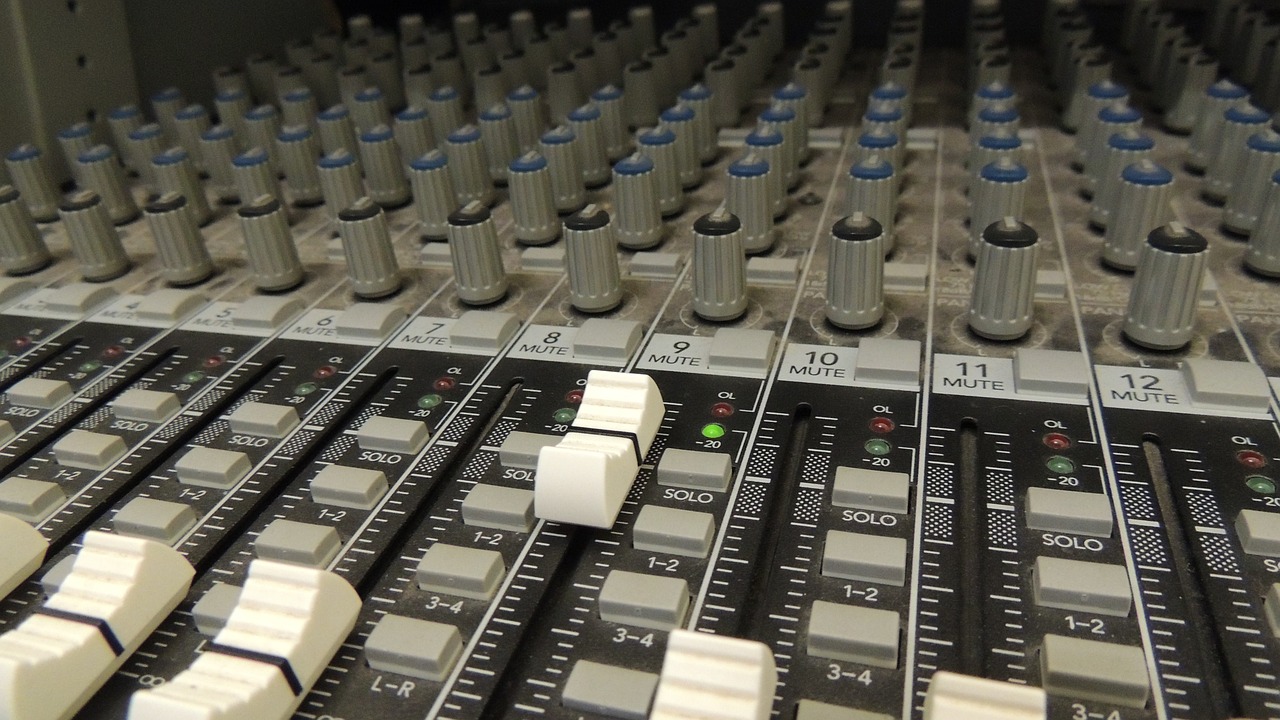Analyzing the Influence of Film Scores on Audience Emotions
Film scores play a pivotal role in shaping the emotional experience of the audience. Through a delicate interplay of melodies, harmonies, and rhythms, composers have the ability to evoke a wide range of emotions, from joy and excitement to sadness and fear. The manipulation of music in specific scenes can intensify the impact of on-screen events, creating a deeply immersive cinematic experience for viewers.
The emotional resonance of a film score is closely tied to its ability to enhance the storytelling process. By weaving musical motifs that mirror the character’s emotions or the narrative arc, composers can enrich the visuals on screen and provide a deeper insight into the character’s motivations and inner world. This symbiotic relationship between music and storytelling not only makes the viewing experience more captivating but also leaves a lasting impression on the audience, fostering a strong connection between the viewer and the film’s narrative.
The Role of Music in Shaping Audience Perception
Film scores play a crucial role in shaping audience perception by adding depth and emotion to the visuals on screen. The strategic use of music can enhance a viewer’s understanding of the storyline, intensify the mood of a scene, and guide the audience’s emotional responses. When the right music is paired with specific moments in a film, it can evoke powerful reactions from viewers and immerse them more fully into the narrative unfolding before them.
Moreover, music has the ability to underscore character development and highlight key themes within a film. Through the manipulation of tempo, instrumentation, and melodies, composers can subtly influence how audiences perceive and connect with different characters and their story arcs. By crafting a musical landscape that complements the visual storytelling, filmmakers can effectively shape the audience’s interpretation of the narrative and create a more immersive viewing experience.
• Film scores enhance viewer understanding of the storyline
• Music intensifies the mood of a scene and guides emotional responses
• The right music paired with specific moments evokes powerful reactions from viewers
• Music underscores character development and highlights key themes in a film
• Composers manipulate tempo, instrumentation, and melodies to influence audience perception
• Crafting a musical landscape that complements visual storytelling shapes audience interpretation
How Film Scores Enhance Visual Storytelling
Film scores play a crucial role in enhancing visual storytelling by complementing the emotions portrayed on screen. The right choice of music can intensify the impact of a scene, drawing the audience deeper into the narrative. Whether it’s a suspenseful moment or a heartwarming reunion, the music sets the tone and guides the viewer’s emotional response.
Furthermore, film scores have the ability to emphasize key plot points and character development by creating a sense of continuity throughout the film. By incorporating recurring motifs or leitmotifs, composers establish connections between different scenes and characters, enriching the overall storytelling experience. The synergy between visuals and music not only captivates the audience but also aids in conveying subtext and enhancing the overall cinematic experience.
How do film scores enhance visual storytelling?
Film scores enhance visual storytelling by setting the mood, creating emotional depth, and guiding the audience’s perception of the narrative.
What role does music play in shaping audience perception?
Music has the power to influence how audiences interpret and feel about what they see on screen, enhancing their emotional connection to the story and characters.
Can film scores elicit specific emotions in viewers?
Yes, film scores are carefully crafted to evoke specific emotions in viewers, such as excitement, fear, sadness, or joy, enhancing the overall viewing experience.
How important is the collaboration between composers and filmmakers in creating an effective film score?
The collaboration between composers and filmmakers is crucial in creating an effective film score that complements the visuals and enhances the storytelling, ensuring a cohesive and impactful viewing experience.







